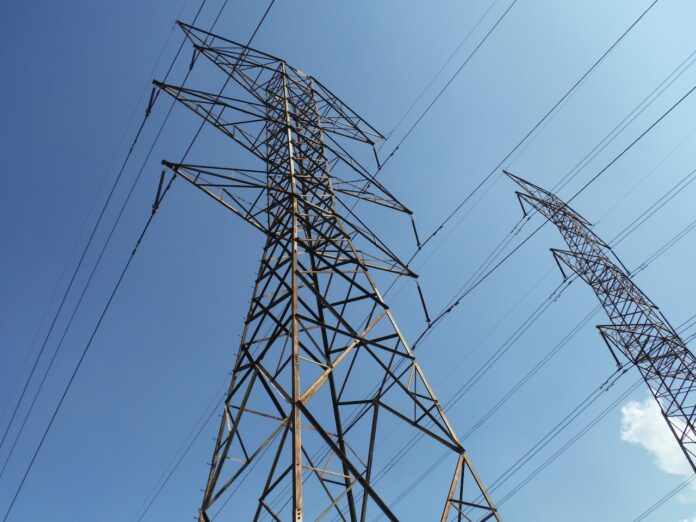There is a free web site on the internet that shows the up to date electrical UK power mix used in the recent past and up dated every 15 minutes. Click onto GRIDWATCH UK to follow our power use and its source mix. A simple understanding of Units of Power is needed, by the easiest old fashioned example, where a single bar electric fire needs one kilowatt or 1kW for any one instant. If left on for a whole year it becomes 1kW X 365days X 24 hours or 8,760 kWhrs this can be written as 8.76MWhrs as a thousand kilowatts equals one megawatt. It gets confusing talking in “instants” or “hours” over a year.
Our UK Grid operates between 25,000 MW and 65,000 MW on ‘instants’ depending on the time of day, fluctuating with commercial and industrial demand and domestic use and the season of the year and hour of day. Generally it is between about 30,000 MW and 45,000 MW but it can spiral to maximum 65,000 MW quite quickly on demand circumstances.
It constantly changes and its sources fluctuate. Nuclear Power is kept stable at about 13,000 MW, whereas Gas and Wind constantly vie for top place as the wind is so vastly erratic and unreliable that they need each other. A large number of other sources contribute in small but important ways such as Solar; Tidal; Biomass and Hydro and even international exchange links to and fro with our neighbouring European countries (France, Ireland; Netherlands; Norway and Belgium) via sea bed cables to a total significant capacity of nearly 7,000 MW. There is even serious talk of a sea bed connector for solar from Morocco! Also we are beginning to see whole fields being used up for ‘giant container size’ Lithium LifP Storage Batteries near Solar and erratic Wind power sources linked by new Pylon lines to urban demand town and city centres.
At the time of writing we just shut down our very last reliable coal fired Power Station at Radcliffe-on-Sea Nottingham (capacity 2,000 MW). It is set for immediate demolition, although it has been an essential gap filler right up to this summer when the other sources failed to cope. What is not said, and hidden, is that our international connections, all contain a mix of coal generated power and our neighbours still burn a lot of coal. Check the Gridwatch Statistics for our neighbours – as listed above – they are free to peruse on the web. So despite the ‘greeny glee’ at seeing off our Steelworks Blast Furnaces and our last Coal Power Station to create a ‘Carbon Zero Britain’ (forgetting the essential Gas Power emissions) we will still have coal power in our grid from Europe. To top that, most of our mass of imports of things like ‘white goods’ and cars etc., come from industrial giants in Asia that rely mostly on coal power. So we in the UK are all complicit in burning huge masses of coal in Asia.
Forget the fantasy of powering the country, and its vehicle fleet, with hydrogen. It takes more gas energy to source, store and transport hydrogen, than it provides when converted into useful energy, so using anything but vast new renewable sources, true green hydrogen, will require burning more fossil fuels like gas unless we cover our whole nation with erratic part time Wind Turbines. Let’s hope that the new ‘Great British Energy’ gets a true realistic grip on our energy economy.
I. Richard, Craigcefnparc, Swansea.

| [donate]
| Help keep news FREE for our readersSupporting your local community newspaper/online news outlet is crucial now more than ever. If you believe in independent journalism,then consider making a valuable contribution by making a one-time or monthly donation. We operate in rural areas where providing unbiased news can be challenging. |



















